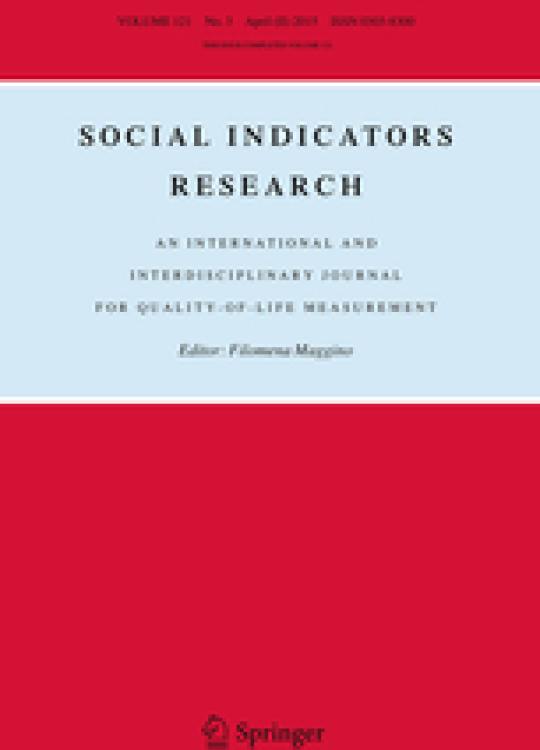
Breadcrumb
Resilience and Well-being among Urban Ethiopian Children
Many researchers working with children in materially poor communities in Ethiopia have observed that they report high levels of well-being, for example, they are happy and satisfied with their lives. This is taken as an example of resilience, or what may be defined as the capacity to bounce back from adverse experiences. While many Euro-American studies attribute resilience to individual competencies such as self-confidence, in the context of Ethiopia and other developing countriessocial competencies may be more important. Social competencies enable children to construct networks that extend beyond peer friendships and school-based networks. Their extensive networks mean they can access resources and convert these into well-being outcomes such as being well-nourished. However, their networks can be simultaneously advantageous and disadvantageous; for example, when children feel obliged to leave school to contribute to the household. The paper presents a mixed-method case-based analysis of four children aged 14-15 living in urban Ethiopia who were characterised by the author as more or less "resilient" on the basis of survey data from Young Lives, a long-term study of childhood poverty. It uses survey and qualitative data to present a detailed account of these children?s pathways to well-being and the complex role of social connections within these pathways.
Keywords: Ethiopia, resilience, children, social capital, mixed methods, case study.
The final published version of the article is available on the journal website.

